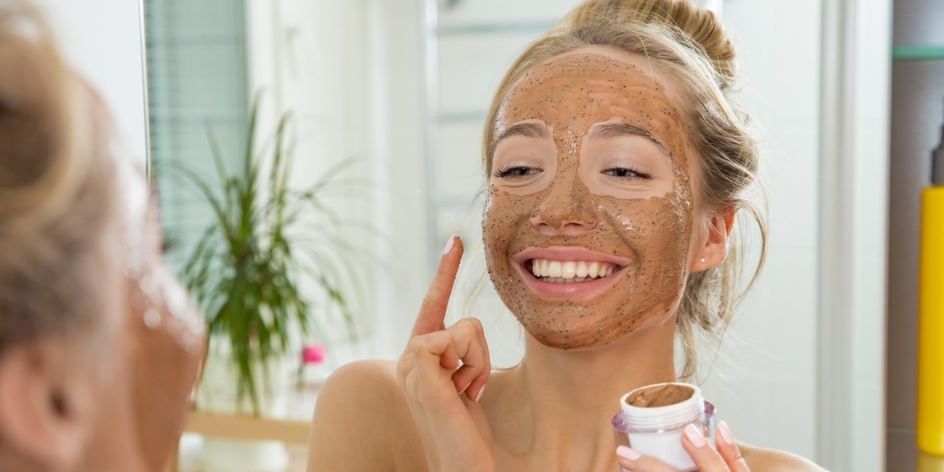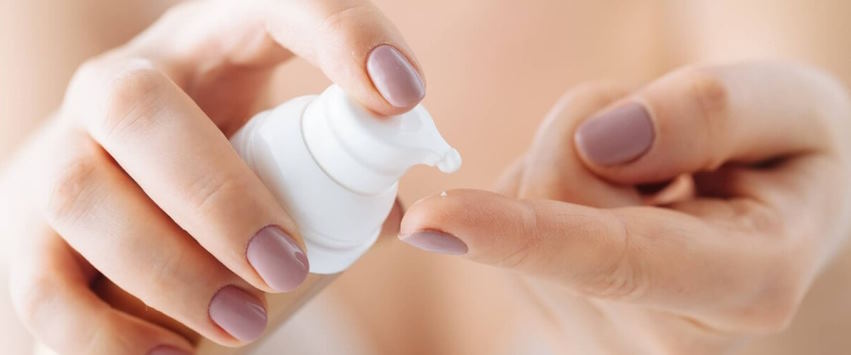
Acne is a common skin condition that affects people of all ages. It can be frustrating to deal with and often requires a consistent skincare routine to keep it under control. However, when it comes to treating acne, there are several things you can do to improve the condition of your skin.
Cleanse with a gentle, non-comedogenic cleanser
First and foremost, it’s important to keep your skin clean. Wash your face twice a day with a gentle cleanser to remove dirt and oil from your pores. Avoid harsh scrubs or exfoliants, as these can irritate the skin and worsen acne.
Tone with an alcohol-free toner
After cleansing, use a toner to help balance your skin’s pH levels and remove any remaining traces of dirt or oil. Look for toners that contain salicylic acid or witch hazel, as these can help to unclog pores and reduce inflammation.
Apply a spot treatment
Apply a spot treatment to any active acne breakouts. Look for products that contain benzoyl peroxide or salicylic acid, as these can help to kill bacteria and reduce inflammation. However, be careful not to overuse these products, as they can dry your skin and worsen acne.

Moisturize with a lightweight, non-comedogenic moisturizer
Incorporating a moisturizer into your skincare routine is also important, even if you have acne-prone skin. Look for oil-free or non-comedogenic moisturizers that won’t clog your pores. Moisturizing helps to keep your skin hydrated and can help to prevent dryness and irritation.
Protect with a broad-spectrum sunscreen
If you’re prone to breakouts, using sunscreen daily to protect your skin from the sun’s harmful rays is important. Look for sunscreens that are labeled “oil-free” or “non-comedogenic” to avoid clogging your pores.
Exfoliate once or twice a week
Finally, consider incorporating a weekly face mask into your skincare routine. Look for masks that contain ingredients like kaolin clay, which can help to absorb excess oil and unclog pores. You can also look for masks that contain tea tree oil, which has natural antibacterial properties.
Remember, consistency is key when it comes to managing acne-prone skin. Stick to a regular skincare routine and be patient – it can take several weeks to see improvements in your skin. If your acne is severe or persistent, it’s always a good idea to consult a dermatologist for personalized treatment recommendations.

 Deanne McDonald is based in San Diego, CA and writes about Beauty trends, makeup and skincare reviews and tips, hair, fashion tips and travel destinations.
Deanne McDonald is based in San Diego, CA and writes about Beauty trends, makeup and skincare reviews and tips, hair, fashion tips and travel destinations.